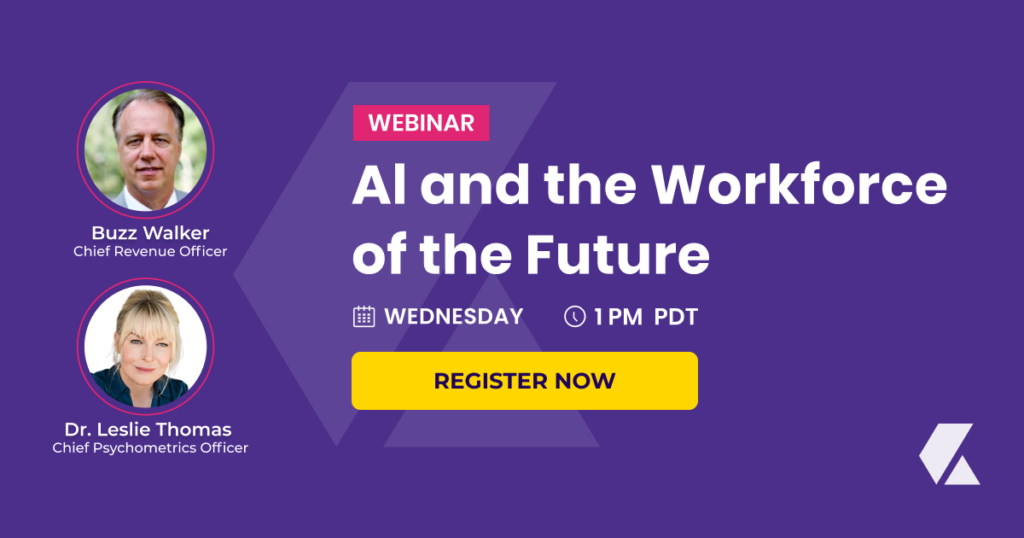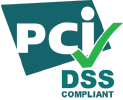Thanks to artificial intelligence and a fusion of other technologies, the future promises greater business opportunities, whole new industries, new job roles, faster distribution networks and lower costs to the consumer. What does this mean for credentialing in the workplace of the future? Let’s explore.
Such progress will simultaneously result in considerable workplace disruption as millions of jobs based on routine physical and cognitive skills will be permanently lost to automation and robotics.
Credentialing in the workplace of the future

In 2020, an estimated 500,000 U.S. computing jobs went unfilled as unemployment hit record levels due to COVID-19. This is a classic (and painful) example of a “skill gap.” They exist whenever job roles remain unfilled at the same time thousands of workers are seeking employment. Those workers simply don’t possess the specific skills demanded in the market.
Credentialing, with its focus on competencies for specific job roles, can reduce skill gaps and speed the (re)hiring process. Compared to higher education, credentialing is fluid and nimble. It’s well-positioned for responding to specific reskilling and upskilling needs of the workforce.
A recent report from Linkedin Learning stated that the biggest challenge companies face isn’t providing needed training, but rather “making people make time for learning.” While most everyone agrees that ongoing learning is important, there are often more urgent issues that take precedence at work.
Credentials can help with this problem. For instance, some companies are requiring credentials, such as professional certifications, for promotions and pay increases.
Requiring ongoing credentialing communicates the importance of making time for ongoing learning and gives companies a means to measure that learning is happening and that employees are gaining additional competencies.

Another advantage is that professional certifications offer recertification or continuing education requirements that help ensure that certificants maintain their job-role competencies over time.
One of the most important yet overlooked benefits of credentialing is that certificants gain access to an ecosystem of peers who are also actively engaged in improving their knowledge and skills—the social influence of which should not be underestimated.
Is your credentialing program ready for the workplace of the future?
At Kryterion, we think a lot about the value of credentialing and the future of work. The demand for highly skilled workers will grow while lower-skilled jobs will disappear. The stakes couldn’t be higher for the global workforce.
Credentialing will be an effective, affordable option for overcoming skill gaps and reskilling/upskilling employees. We’d love to help grow your credentialing program as we have for many of our clients.
Feel free to contact us here to talk about your current or future credentialing plans!








